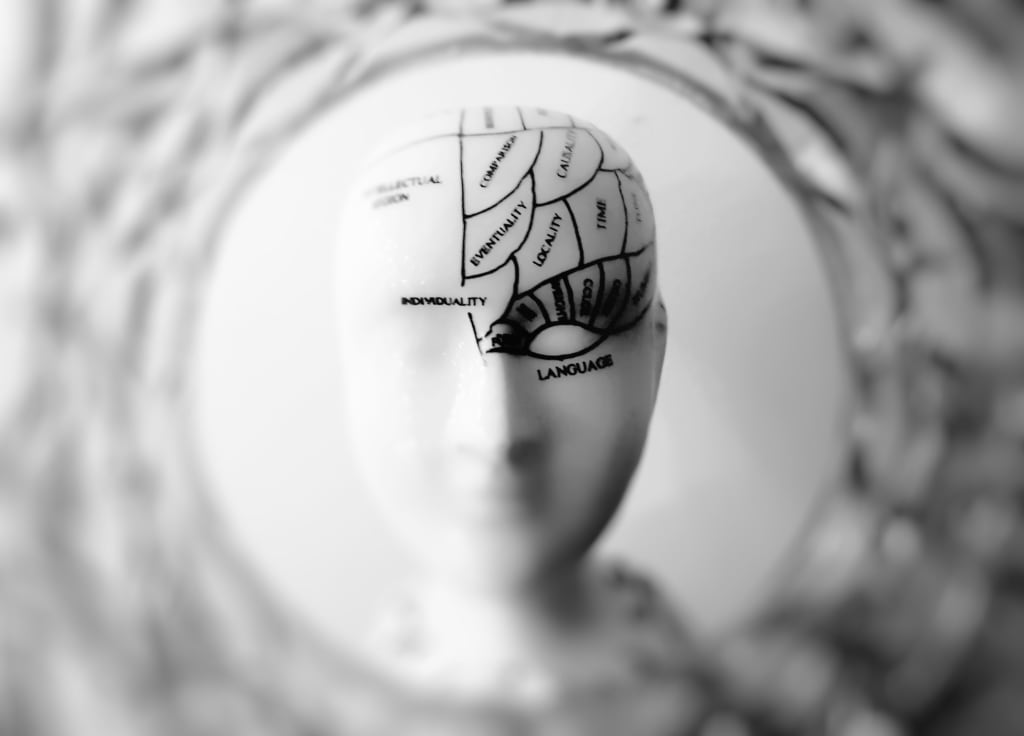The Impact of Social Isolation on Brain Health
A Comprehensive Study

Introduction:
In a groundbreaking study conducted at Kyushu University, Japan, researchers have revealed a significant association between social isolation and brain shrinkage, particularly in older adults. The study, published in the journal Neuroscience, emphasizes the importance of maintaining regular social interactions for preserving brain health and preventing conditions such as dementia. These findings highlight the need for increased support and interventions to combat the growing problem of social isolation among the elderly population. With 8,896 participants involved in the study, this research sheds light on the critical relationship between social connections and brain volume.
The Relationship between Social Isolation and Brain Shrinkage:
The research team at Kyushu University employed magnetic resonance imaging (MRI) brain scans and health examinations to assess the participants, all of whom had an average age of 73 and no prior diagnosis of dementia. By measuring the frequency of in-person or phone interactions with friends and relatives not living with them, the study aimed to gauge the extent of social contact each participant maintained.
The results were compelling, with participants reporting the least social contact displaying the smallest brain volume at 67.3%. In contrast, those with more frequent social interactions had higher brain volumes, measuring at 67.8%. These percentages represent the combined proportion of white and grey matter, which are crucial components of the brain's overall volume.
Additionally, the study revealed that individuals experiencing greater social isolation also exhibited white matter lesions, indicating minor brain damage. This correlation further underscores the detrimental effects of social isolation on brain health.
Implications for Preventing Dementia and Brain Atrophy:
Dr. Toshiharu Ninomiya, the lead researcher, highlighted the significance of these findings in addressing the escalating problem of social isolation among older adults. As the study does not establish a causal relationship between social isolation and brain atrophy, it does suggest that supporting individuals in establishing and maintaining social connections could prove beneficial in preventing brain shrinkage and the subsequent development of dementia.
While the study serves as a snapshot in time, previous research has demonstrated that exposure to socially stimulating groups can halt or even reverse declines in brain volume while improving cognitive functions such as memory and thinking skills. This suggests that interventions targeting social isolation may potentially mitigate brain volume loss and reduce the risk of dementia.
The Importance of Social Fitness:
Social connections play a pivotal role not only in emotional well-being but also in physical and mental health. Achieving good "social fitness" is essential for overall well-being. The implications of this study extend beyond the elderly population, emphasizing the importance of nurturing social interactions among individuals of all ages and ethnicities.
Future Research and Generalizability:
As the study's sample size consisted solely of older Japanese individuals, further research is necessary to determine whether these findings hold true for other ethnic groups and younger populations. Understanding the impact of social isolation on brain health among diverse demographics will enable the development of targeted interventions and support systems to promote social connections and prevent brain atrophy.
Conclusion:
The study conducted at Kyushu University underscores the profound association between social isolation and brain shrinkage, particularly in older adults. With social connections playing a vital role in maintaining brain health, fostering and sustaining regular interactions with friends and family becomes crucial in preventing conditions such as dementia. These findings call for increased awareness, support, and interventions to address the growing issue of social isolation among the elderly population. By prioritizing social fitness and combating social isolation, we can collectively promote brain health and enhance overall well-being across all age groups and communities.
About the Creator
Enjoyed the story? Support the Creator.
Subscribe for free to receive all their stories in your feed. You could also pledge your support or give them a one-off tip, letting them know you appreciate their work.





Comments
There are no comments for this story
Be the first to respond and start the conversation.